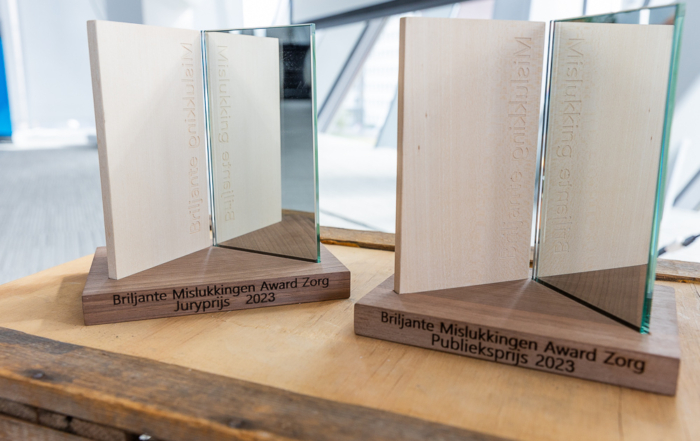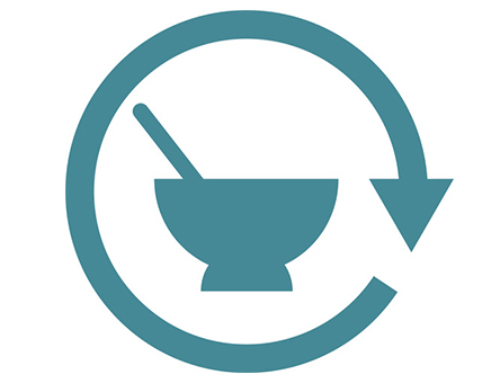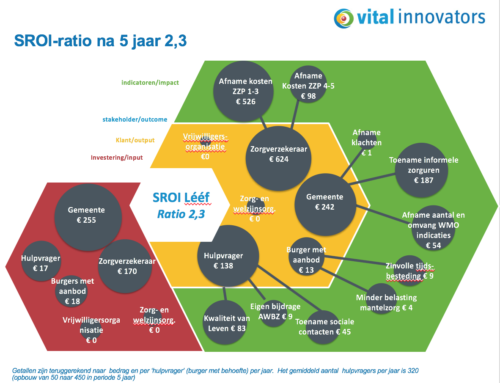The intention
In his PhD research, Paul Koenen tried to determine how a component of HIV leads to activation of the immune system (T-cel) leads. One of the proteins that make up HIV, called Nef, prevents the immune system from properly detecting that a T cell is infected with HIV. This gives the virus extra time to replicate itself before the cell is destroyed by the immune system. Furthermore, it became known that Nef manipulates the signal of the TCR. By manipulating this signal, Nef can stimulate the activation of T cells, making it easier for the virus to multiply. Whether manipulating Nef on this TCR signal actually activates T cells was not clear, so the research team wanted to investigate this phenomenon further..
The approach
For this research, a mouse model was developed in which the HIV component should be expressed in the cells of the immune system (T cells). Unfortunately, the HIV component was not expressed properly, making it unclear why no effects were seen in the cells of the immune system. Was this because the HIV component had no effect on the TCR signal or because the HIV component was present in too low a concentration? This negative result could not be published, putting the whole promotion in jeopardy.
The result
Negative findings in medical research should be shared among scientists to prevent different people in different places from making the same mistake. Leading research journals publish very few negative research results. This has negative consequences for individual researchers, but also for the entire field of research, because knowledge and resources are unnecessarily wasted.
The lessons
Recommendations: Perhaps the hypothesis and methodology should be leading for publication. If these are well substantiated and the research is good (according to applicable scientific standards) performed then the result is relevant, regardless of the outcome.
OTHER BRILLIANT FAILURES
Who finances lifestyle in cardiac rehabilitation?
Beware of the chicken-egg problem. When parties are excited, but first ask for proof, check carefully whether you have the means to provide that burden of proof. And projects aimed at prevention are always difficult, [...]
Brilliant Failure Award Healthcare – 20 to stop coming up with new advice 2024
Wednesday 20 In November, the Brilliant Failure Awards for Healthcare will be organized for the tenth time by the Institute for Brilliant Failures.
Brilliant Failure Award Healthcare – 20 to stop coming up with new advice 2024
Wednesday 20 In November, the Brilliant Failure Awards for Healthcare will be organized for the tenth time by the Institute for Brilliant Failures.











